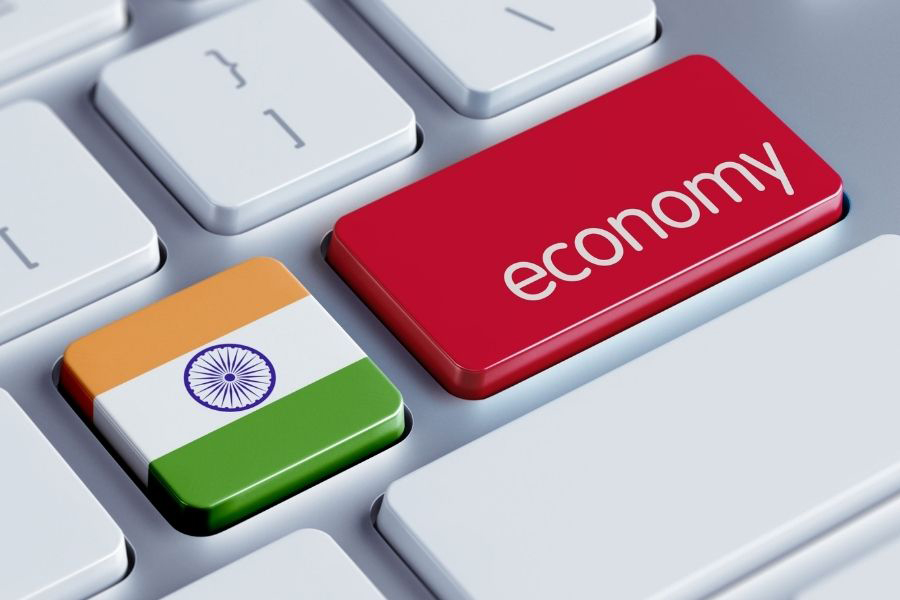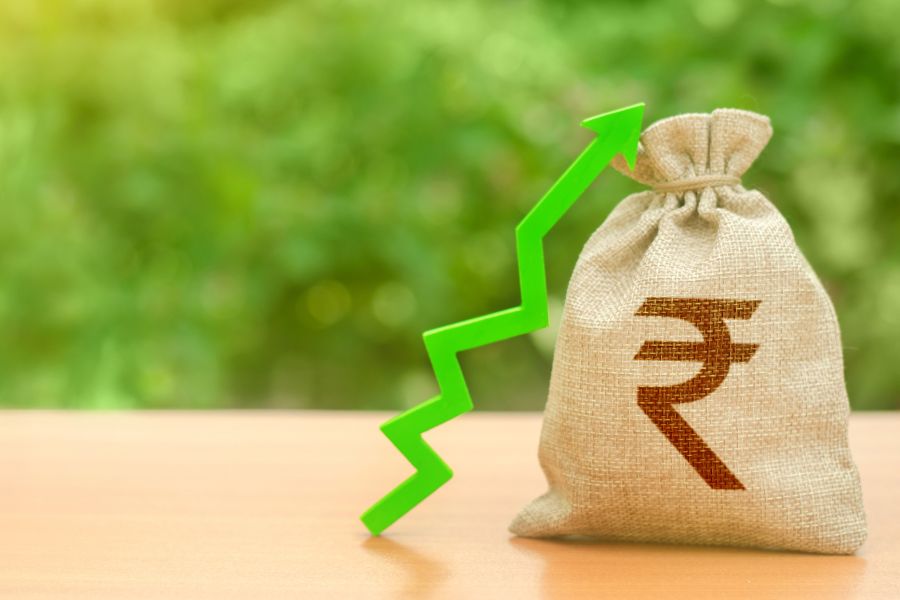Reviving the economy requires a balanced policy approach
• Multi-phased lockdown by central and state governments to halt the spreading of COVID-19 virus has hit the Indian economy disruptively.
• However, this contraction will certainly not be uniform and would vary for different sectors and states.
• COVID-19 poses further downside risks to the economic outlook and the possibility of experiencing a recession in the current fiscal year.
• The role of government and RBI is very crucial to get India back on the high growth trajectory and pull the economy out from this crisis. They should closely watch and regularly interact with financial institutes and business houses.

Multi-phased lockdown by central and state governments to halt the spreading of COVID-19 virus has hit the Indian economy disruptively. Presently, India is the fourth-worst hit nation by COVID-19 pandemic after the US, Brazil and Russia as per data recorded by John Hopkins University.
Recent data released by the Ministry of Statistics reported a 1.6 percetage points drop in India’s growth in the fourth quarter of the last financial year. However, the real impact will be realized when the first-quarter numbers of the present financial year come out, as that is the period when India was under full lockdown for the longest time. For now, the trade figures also look gloomy as exports fell by 36% year-on-year last month. Except for some specific sectors like iron ore, drugs, pharmaceuticals, spices, and rice, export growth for other goods shows negative figures as per data released by the Ministry of Commerce and Industry. This fall was mainly attributed to cancelled orders and supply chain disruptions.
Due to low consumer and industrial demand, the import bill has also declined by 51%. This was majorly supported by a fall in import cost of oil that dropped by almost 72%. The latest estimate by Goldman Sachs, Fitch, CRISIL, and S&P projected India to see a 5% GDP contraction in the ongoing financial year, while the World Bank expects it to be 3.2%. India’s GDP growth projection in FY 2020-21 by IMF is a mere 1.9%. This number is very similar to the projection made by the Chief Economic Advisor Krishnamurthy Subramanian.
However, this contraction will certainly not be uniform and would vary for different sectors and states. In the present situation, number of COVID-19 cases may not drop anytime soon, despite repetitive lockdown announcements by central & state governments. New cases are continuously escalating due to dense urban areas and healthcare management issues. This could pose further downside risks to our bleak economic situation.
Industrial and service sectors have already seen heavy disruptions. Production in auto and its ancillary sectors was largely closed. There has been almost no business in the travel and tourism sectors also. These sectors may continue to suffer for a few more quarters. Micro, Small and Medium Enterprises (MSMEs) engaged in consumer discretionary products, and export-linked industries are likely to see a continued low demand at least for the next two quarters.
Low or no income has resulted in low purchasing power in rural sectors. This will keep the demand subdued even for semi-necessary goods and services till the MSMEs and real-estate sectors get back into a stable growth trajectory. However, it may be very challenging to correctly estimate the magnitude and duration of the impact of COVID-19 on India economy. Considering the uncertainty about the pandemic’s scale and duration, it doesn’t require too much of common sense to expect a magnified impact in these unprecedented times. Nevertheless, let us not be too pessimistic to expect a widespread recession around the corner. In fact, Fitch expects India to bounce back next year with a sharp growth rate of 9.5%.
Getting back on track
Acknowledging the fact that COVID-19 poses further downside risks to the economic outlook and the possibility of experiencing a recession in the current fiscal year, India’s economy is heading for enormous unprecedented economic pain. The role of government and RBI is very crucial to get India back on the high growth trajectory and pull the economy out from this crisis. Many may argue that this crisis will give India an opportunity to snatch businesses from China and outgrow them. However, any wrong step could delay and derail India’s economic recovery.
As of now, the RBI has taken enough measures (cutting policy rates, targeted long-term repo operations, etc.) to provide adequate liquidity to the economy. This is very essential to get the business back on track. RBI and the government should closely watch and regularly interact with financial institutes and business houses to monitor the real impact of the measures.
On the fiscal side, the Indian government has unveiled a ₹20 lakh crore economic package, which is equivalent to 10% of India’s GDP. This is a mixed package consisting of certain economic reforms, direct cash transfers, infrastructure building, and supporting businesses. However, there is criticism that a major part of this economic package is indirect and therefore not beneficial for the citizens.
Considering the figure of current sovereign debt, fall in tax revenues, the central government of India can’t afford to let the fiscal deficit grow further, as that will bring international attention and lead to major rating cuts, which may further hamper the business. Therefore, this balancing act needs to be played cautiously and safely. In this situation, the central bank and the government should focus on bringing prudent policy reforms and implementing current policies more precisely and efficiently.
They should also cut back the expenditure on unproductive (and less important) activity sectors; privatize public sector units in a phased manner, and facilitate new businesses. Stressed industries, states and middle-class households will need direct support. Nevertheless, the government should also be prepared in case it faces another pandemic or a different type of economic crisis soon.

Dr. Parthajit Kayal is currently Asst Professor, Finance at Madras School of Economics. Financial markets, mathematical finance, behavioural finance, fixed income & wealth management are some of his interest areas.













Leave a comment